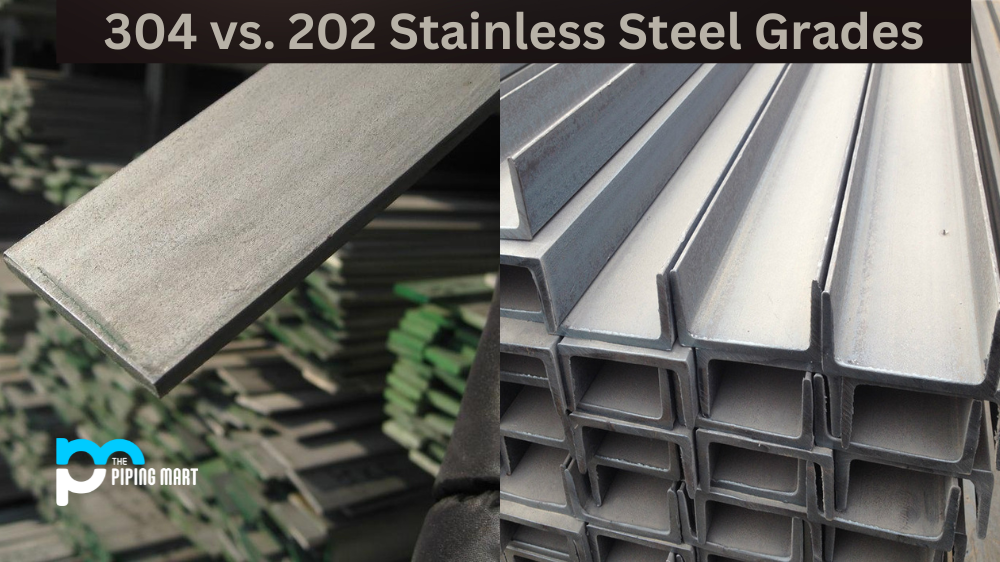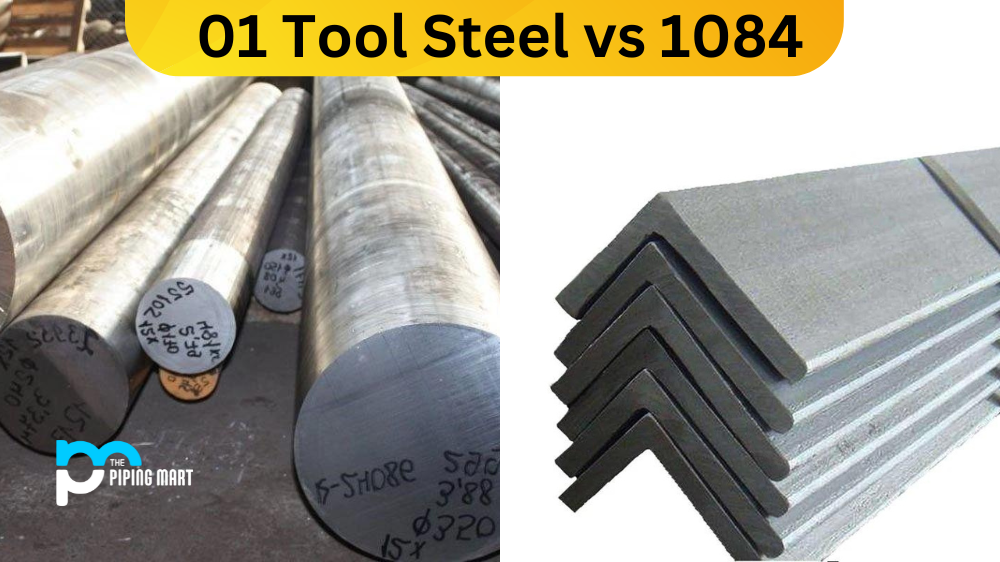When you’re building or renovating a plumbing system, there are many types of fittings to choose from. Two popular options are brass and nickel-plated brass fittings. Both have their own unique benefits, so it’s important to understand the differences between them before making a decision. Let’s take a look at the pros and cons of each option.
Brass Fittings
Brass is an alloy of copper and zinc that has been used in plumbing systems for centuries due to its durability and corrosion resistance. It is also relatively inexpensive when compared to other metals such as steel or aluminum. The main downside to using brass fittings is that they can be prone to tarnishing over time due to oxidation or exposure to certain chemicals, although this can be minimized by proper maintenance.
Nickel Plated Brass Fittings
Nickel-plated brass fittings offer the same benefits as regular brass fittings but with an added layer of protection against corrosion. Nickel plating provides an extra layer of protection against rust and other forms of wear and tear that can occur over time with brass fittings, resulting in a longer lifespan for the fitting itself. Additionally, nickel-plated brass fittings are more resistant to tarnishing than their unplated counterparts, meaning they will maintain their shine for longer periods of time. While nickel-plated brass fittings tend to be more expensive than regular brass ones, they can provide additional peace of mind due to their improved durability and corrosion resistance properties.
Difference Between Brass and Nickel-plated brass fittings
Brass and nickel-plated brass fittings are often seen as interchangeable, however, they have key differences that could make or break a project. Brass fittings are known for their malleability and corrosion resistance – resulting in a perfect fit after installation – but may age over time, losing luster. Nickel-plated brass not only adds a luxurious sheen with its silver touches; it also provides additional protection from corrosion and wear-and-tear with its specialized coating that is made to last. Both products can be easily found online or at the local hardware store making them an ideal choice for DIY projects.
- Brass is an alloy of copper and zinc, while nickel is a metal that is found in the earth’s crust.
- Brass is more durable than nickel, making it a good choice for high-use items.
- Nickel plating can provide a more polished look than brass.
- Brass is more resistant to corrosion than nickel.
- Nickel plating is more expensive than brass plating.
Conclusion:
When deciding between brass vs. nickel-plated brass fittings for your next plumbing project, it’s important to consider both the cost and performance benefits that each option offers. Regular brass fittings are typically more affordable but less resistant to wear and tear over time, whereas nickel-plated versions may cost more upfront but provide greater longevity due to their improved corrosion resistance properties. Ultimately, your choice should come down to your budget and desired level of performance from your plumbing system components. No matter which type you choose, both options offer excellent performance at a reasonable price point!

Meet Bhavesh, a seasoned blogger with a wealth of knowledge and experience. From metal products manufacturing to retail, Bhavesh has a diverse background in various industries and is dedicated to sharing his insights and expertise with readers.




